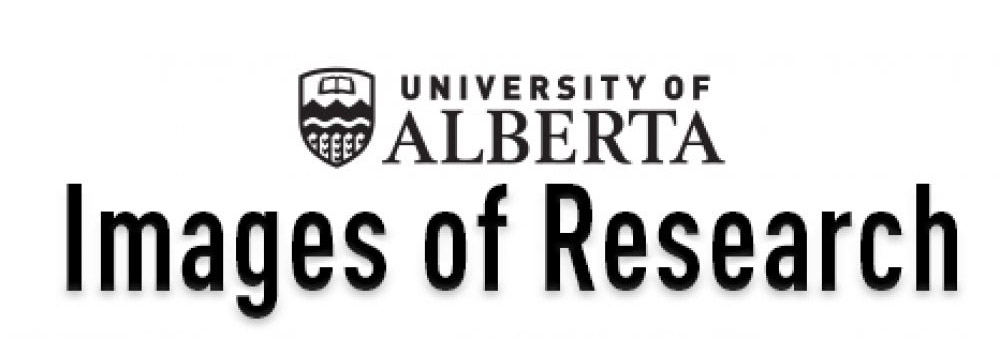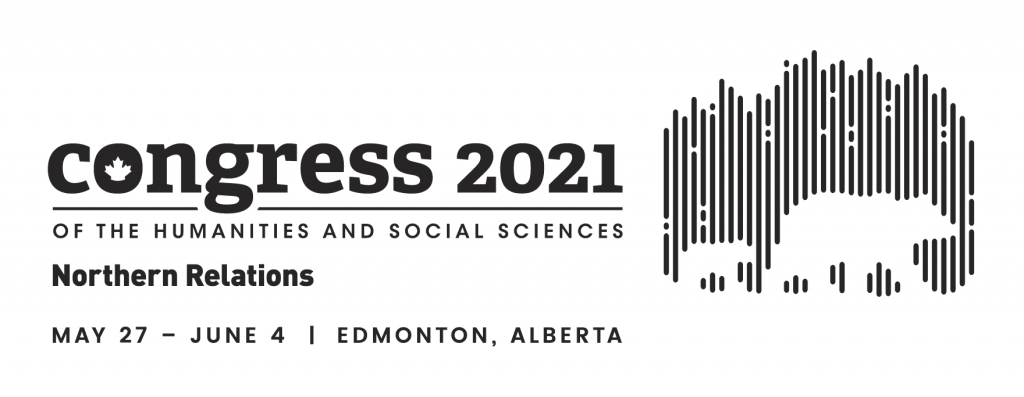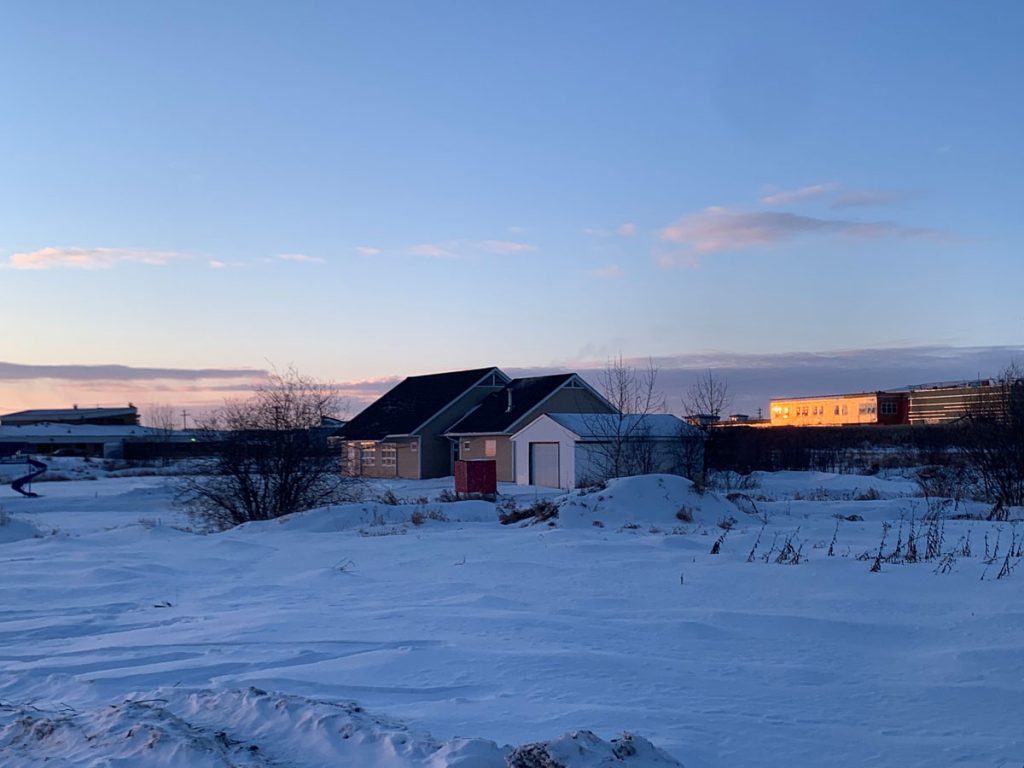Building knowledge: how Indigenous ways of being and knowing can help to humanize the profession of Speech-Language Pathology
| Submitted by: | Janine Chesworth |
| Collaborators: | Kehewin Cree Nation |
| Department: | Educational Psychology |
| Faculty: | Education |
| Place of creation: | Kehewin Cree Nation |
Driving away from the early-learning site where I work as a Speech-Language Pathologist (SLP), a gleaming light catches my eye. Behind the pre-school, a single building glows against the darkening sky; the new school in mid-construction. It’s as though the setting sun lingers intentionally, highlighting the school’s significance. Or perhaps the intent is to make it grow faster; time is running out. Languages are dying, and with them, unique ways of solving world problems. But on this remote Alberta reserve, hope grows; brick-by-brick, this strong community is working together to do more than build a school, within it they plan to revitalize their language, reclaim their culture, and re-define their children’s futures. On behalf of the many SLP’s who now find themselves on similar landscapes, I must work too, on how we can help instead of harm. Patiently, my teachers – children, families, colleagues – help me to think in new ways, to respect others and to create relationally ethical spaces. They re-mind me of the human aspects of my work. “Slow down,” they urge me, “watch, wait”. My eyes shift forward to the long road ahead, open now to a new way for SLP’s, bright with possibility. Hiy Hiy.


